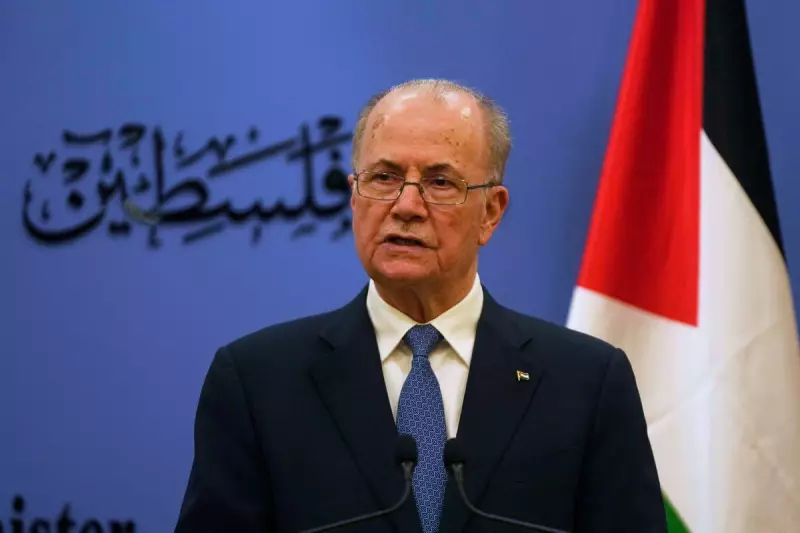
High-level talks involving more than 60 international delegations commenced in Brussels on Thursday, 20th November 2025, focusing on the monumental tasks of reconstruction, governance, and security in the war-ravaged Gaza Strip.
Reforming the Palestinian Authority
Chaired by France and Saudi Arabia, the meeting of the Palestine Donors Group is centred on the urgent need to reform the Palestinian Authority (PA). This push for change is a cornerstone of a US peace plan, which received approval from the United Nations Security Council just days earlier, on Monday. The European Union, the PA's largest financial backer, is advocating for a revitalised Authority to govern Gaza after implementing significant reforms.
However, the path forward is fraught with disagreement. The United States insists the PA must demonstrate concrete reforms before assuming a greater role, while Israel outright rejects any future involvement for the PA in Gaza. The PA currently administers limited areas in the Israeli-occupied West Bank and is seeking to re-establish its influence in a post-conflict Gaza.
The EU's Stabilisation Role and Security Plans
While not traditionally a central mediator, the European Union is actively carving out a substantial role in shaping Gaza's future. A key element of this is a security initiative, with the bloc planning to train 3,000 Palestinian policemen to help secure the territory. French Foreign Minister Jean-Noël Barrot has committed 100 French officers to this training mission.
This effort dovetails with the American peace plan, which envisions the Israeli military gradually handing over control of Gaza to a combination of these newly trained Palestinian police and an International Stabilisation Force. The EU already has a small team of diplomats and military officers stationed in the US-run civilian-military command centre in southern Israel, which is overseeing the implementation of the peace plan.
Governance and Political Hurdles
A major point of discussion is the proposed governance structure for Gaza. The UN-backed plan calls for the creation of a 'Board of Peace' with ultimate authority, while day-to-day civil affairs would be managed by a technocratic, apolitical committee of competent Palestinians. The EU is pushing for this committee to be largely drawn from the existing Palestinian Authority government led by President Mahmoud Abbas.
Yet, the 90-year-old Abbas, who maintains authoritarian control in parts of the West Bank, faces significant challenges. He is deeply unpopular among many Palestinians, increasingly marginalised by Israel, and is struggling to secure a meaningful role in post-war Gaza. Furthermore, the proposed governance bodies have yet to gain buy-in from Palestinian society. Hamas has already denounced the UN resolution, labelling it a tool for Israeli interests.
EU foreign policy chief Kaja Kallas emphasised the necessity of Palestinian leadership, stating, "Palestinians have to be the ones who are leading and owning the processes that are happening in Palestine." European Commissioner for the Mediterranean, Dubravka Šuica, underlined that financial support is conditional, stating, "The money is always conditioned with reforms," including scrapping the PA's 'martyrs' fund' and overhauling educational textbooks.
It is important to note that this Brussels meeting is not intended to secure financial pledges for Gaza's reconstruction. A separate event, planned for Egypt, will be dedicated to raising the necessary funds for rebuilding the devastated coastal enclave.





